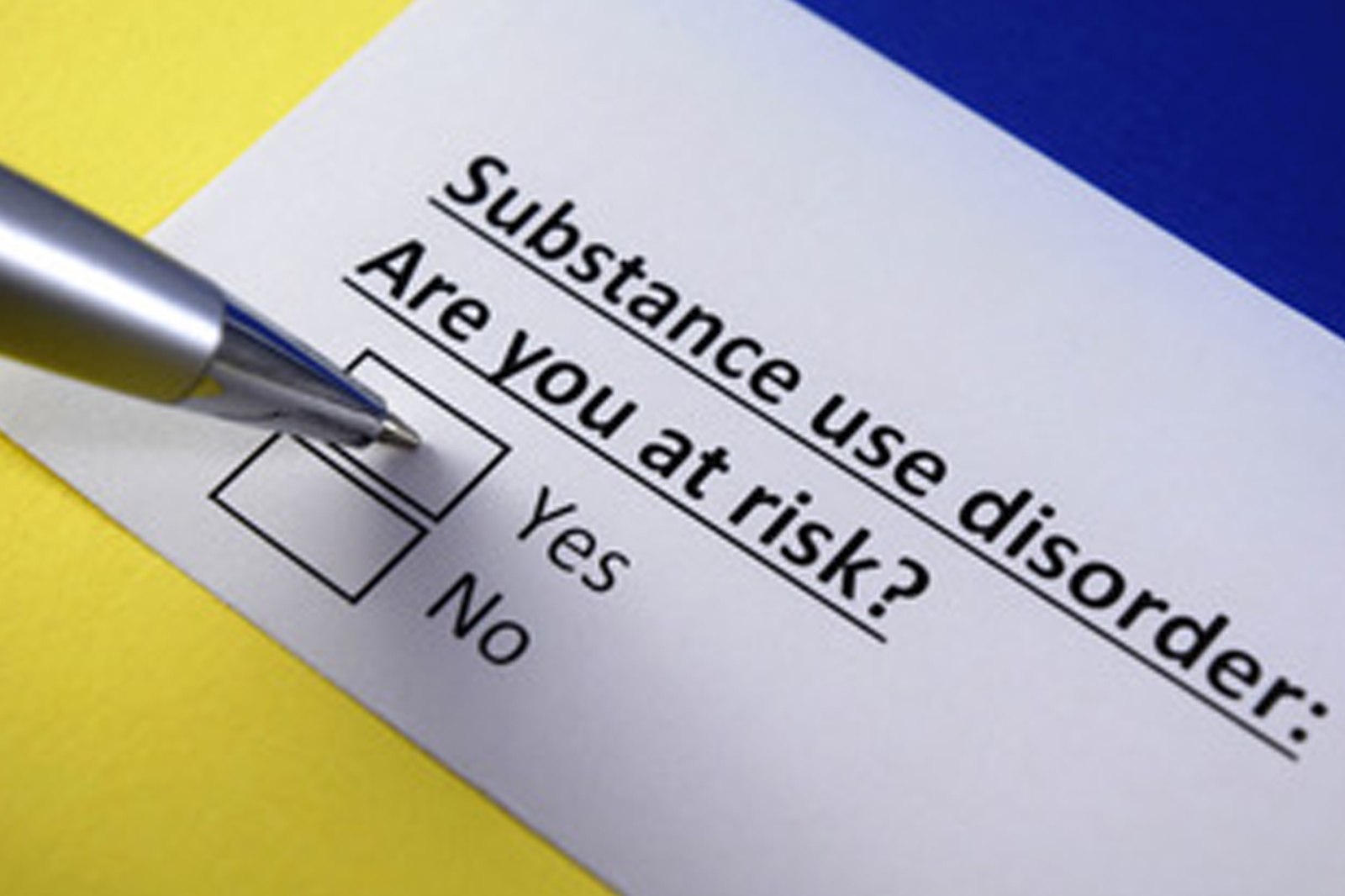There’s a segment of people within our population who misuse drugs and alcohol but skillfully keep their usage covertly tucked away in the shadows. They have a seemingly successful public life with an excellent job, lovely home, sweet family, and pleasant social affairs. They are high-functioning substance users.
They are among the hardest group of people having issues with drug and alcohol consumption to get help. You could be related to one of these people or work with them every day and not know about their vices. These individuals are not better than those who can’t handle addiction. However, the high-functioning have the advantage of being less detectable than those stigmatized, washed-up derelicts who are doped up and strung out on the streets.
Functional Substance Use Is Still a Form of Addiction
High-functioning substance users may have extraordinary intelligence, charisma, and friendly dispositions. To some people, they live a covetous life, which makes it hard to see their drug use as a problem when there’s no apparent problem. For example, since they can manage their life, most functioning drinkers are convinced of their ability to stop drinking whenever they want to, without the need for alcohol detox.
Unfortunately, as long as these individuals can remain camouflaged within society alongside others who work and play as hard as they do, functioning substance users probably won’t see a need for any inpatient recovery or seek professional help until it’s too late. High-functioning substance users manage to fool everyone so well they may not sense impending tragedy or notice misfortune presently at their doorstep, which could be about to shatter their whole illusive world. The repercussions of their misuse of drugs will soon catch up with them; it’s practically inevitable. These circumstances could involve legal issues (i.e., DUIs), cognitive or behavioral problems, family or interpersonal conflicts, memory loss, blackouts, or withdrawal, to name a few.
How Can You Spot Functional Substance Use?
Functioning substance users have to make good use of their ingenuity to keep their dark, shifty life of drugs and alcohol hidden from employers, family, and friends. Many of them manage to do so exceptionally well. However, that doesn’t mean there aren’t tell-tale signs—no matter how subtle.
If you suspect one of your loved ones might be heading down a ruinous road, be observant and look out for any unusual behavioral changes like them not being in attendance at important meetings. Another indicator could be a change in their physical appearance. They might stop caring enough to groom themselves or they wear disheveled clothes. They could begin to have health issues like paranoia or shakiness. Maybe you’ve seen them participating in risky behavior, or they start hanging around people known to be users. Here are some other possible signs:
- Responsibilities get neglected
- Denial and nearly convincing, justifiable excuses for substance use
- Financial downfall
- Overindulgence with drinking and drug use
- Isolation and loss of interests in activities
How Do Can You Encourage a High-Functioning Loved One to Get Help?
Because a substance user’s denial acts as a gatekeeper, it could be hard for the individual to see the severity of his or her drugging or drinking. Drug detox or inpatient rehab with a holistic focus are some of the treatments available to functioning substance users should they want the help. Sometimes all it takes is a simple, caring conversation to chip away at the wall of denial. Sometimes it may take a small group of relatives or close friends to come together for an intervention, which shows the user how it’s not only their life that is affected.
Discover Wish Recovery. We are a luxury rehabilitation center that doesn’t prescribe a one-size-fits-all approach to a person’s recovery. We ensure all patients who are genuinely committed to the process get endowed with all the tools they’ll need for a healthy return back into their community. Contact Wish Recovery today and find out about our individualized treatment plans, detox, various modalities, and more.


